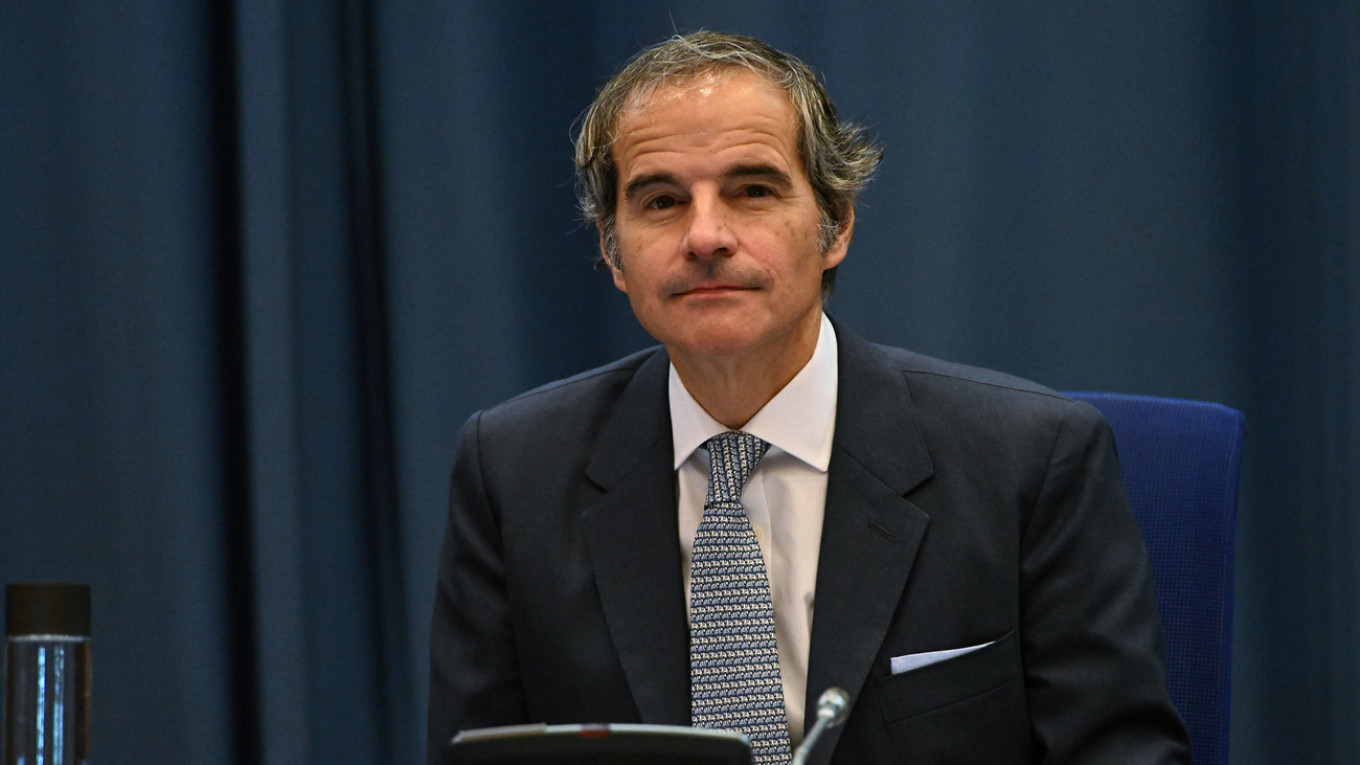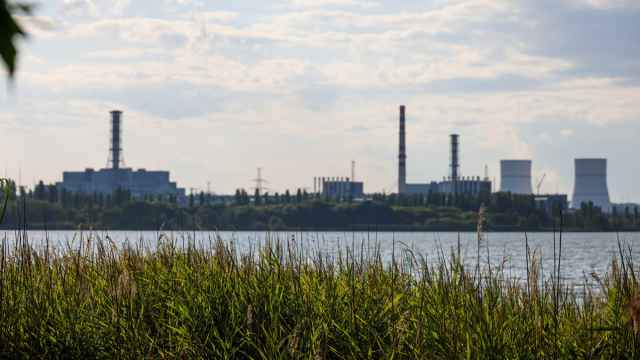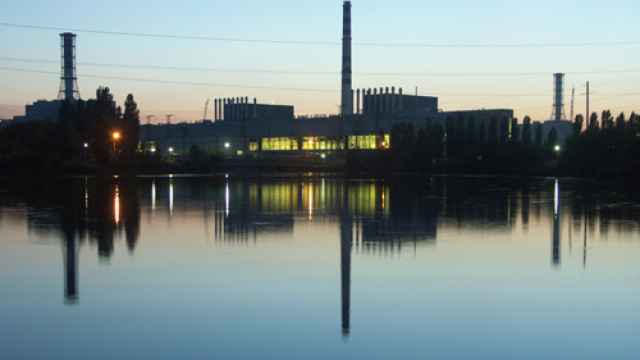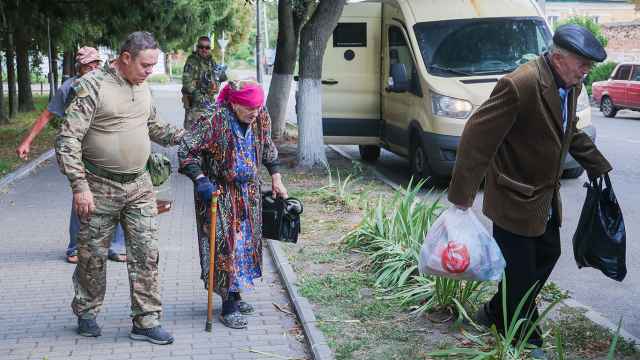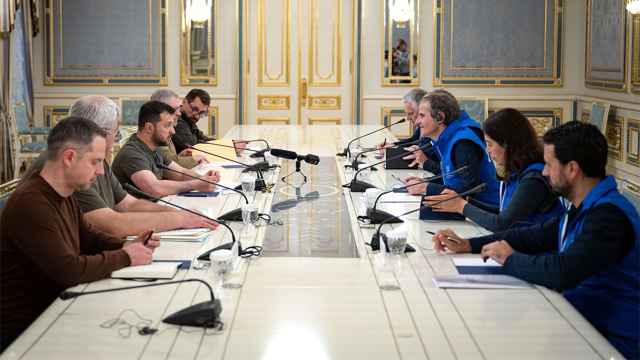UN nuclear watchdog head Rafael Grossi on Tuesday warned during a visit to Russia's Kursk nuclear plant that its proximity to ongoing fighting was "extremely serious" following Ukraine's cross-border offensive into the southwestern Kursk region earlier this month.
Grossi said his tour enabled him to "look at the most important parts" of the plant, which is less than 50 kilometers (30 miles) from fighting between Russian and Ukrainian forces.
"A nuclear power plant of this type so close to a point of contact or military front is an extremely serious fact," he said. "The fact we have military activity a few kilometers, a few miles away from here, make it an immediate point of attention."
"At the end of the day, again, this may sound common sense and simple: Don't attack a nuclear power plant," Grossi said, adding that he was in "close contact" with Russian authorities and would visit Kyiv next week to talk to Ukrainian President Volodymyr Zelensky.
Grossi, who noted the Kursk power plant was "operating in a very close to normal conditions," emphasized that it was "important to talk" and "keep dialogue."
He added the Kursk power plant currently was "operating in a very close to normal conditions".
The International Atomic Energy Agency (IAEA) has repeatedly warned of the dangers of fighting around nuclear plants following Russia's full-scale invasion of Ukraine in February 2022.
In the first days of the war, Russian forces seized the Zaporizhzhia nuclear plant in southern Ukraine, and also briefly held the decommissioned Chornobyl plant in the north.
Ukraine launched its surprise incursion into Kursk on Aug. 6 and has said it is making advances, even as Russian forces move deeper into eastern Ukraine.
Russian President Vladimir Putin last week accused Ukraine of trying to attack the Kursk nuclear power plant, which is less than 50 kilometers (30 miles) from fighting between Russian and Ukrainian forces.
"I was informed about the impact of drones, I was shown some of the remnants of those, signs of impact they had," Grossi said on Tuesday.
A Message from The Moscow Times:
Dear readers,
We are facing unprecedented challenges. Russia's Prosecutor General's Office has designated The Moscow Times as an "undesirable" organization, criminalizing our work and putting our staff at risk of prosecution. This follows our earlier unjust labeling as a "foreign agent."
These actions are direct attempts to silence independent journalism in Russia. The authorities claim our work "discredits the decisions of the Russian leadership." We see things differently: we strive to provide accurate, unbiased reporting on Russia.
We, the journalists of The Moscow Times, refuse to be silenced. But to continue our work, we need your help.
Your support, no matter how small, makes a world of difference. If you can, please support us monthly starting from just $2. It's quick to set up, and every contribution makes a significant impact.
By supporting The Moscow Times, you're defending open, independent journalism in the face of repression. Thank you for standing with us.
Remind me later.


